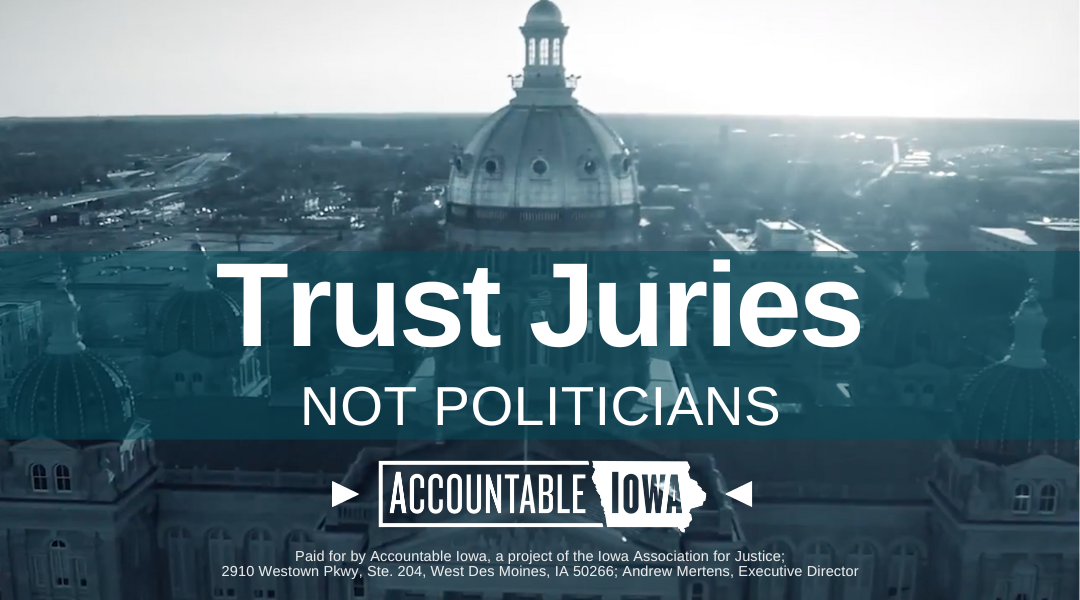California lawmakers have repealed the state’s controversial “medical misinformation” law meant to silence and punish physicians and surgeons who communicate and treat their patients in a way that deviates from the “official government position” regarding COVID-19. Assembly Bill 2098 (AB 2098) aimed to empower the state’s medical board to revoke the medical licenses of any health care professional who spread what the state deemed as “misinformation” about the safety, efficacy, and development of the COVID -19 shots, as well as alternative treatments to the virus.
However, four lawsuits have challenged the law as unconstitutional for violating doctors’ First Amendment rights, and a federal judge issued a temporary injunction in January 2023 blocking it from taking effect during ongoing litigation.
Senate Bill 815, which passed with a 35-1 vote, primarily makes reforms within the California Medical Board. However, a one-line provision added two weeks before the vote without any legislative discussion specifically repeals AB 2098. The repeal comes before any potential court rulings on the law’s constitutionality.
AB 2098, enacted in September 2022, was the first state law in the nation attempting to regulate the doctor-patient relationship regarding COVID-19. The bill defined “misinformation” as anything “false” that contradicted “contemporary scientific consensus” – namely that of the FDA and CDC. The bill cited the FDA and CDC as confirming the “safety and efficacy” of the shots. The bill then declared doctors would be guilty of “unprofessional conduct” for disseminating anything contrary or deviating from the federal agencies’ “consensus” on virus risks, prevention and treatments, and the shot’s “development, safety, and effectiveness.” Under the law, doctors could lose their licenses to practice medicine for using the available scientific data to question the shot’s safety record, or for discussing with their patients scientifically-studied alternative treatments that the FDA and CDC have scorned but could not prohibit, such as Ivermectin and hydroxychloroquine.
A legislative analysis conducted by the Californina legislature in August 2022 determined AB 2098 would “probably not survive a 1st Amendment challenge in court.”
Governor Gavin Newsom is expected to sign SB 815 and the repeal will take effect January 1, 2024.
Attorneys involved in the lawsuits stated that while the law’s repeal is good for the doctor-patient relationship in the near term, preventing a similar law in the future is the next challenge because courts are usually hesitant to make constitutional rulings on a repealed law. The attorneys indicated that several lawsuits are moving forward aiming to get favorable rulings that preserve the First Amendment rights of doctors from viewpoint censorship by state governments and state medical boards.
In granting the injunction already in place against AB 2098, Judge William B. Shubb of the U.S. District Court for the Eastern District of California wrote a 30-page opinion in favor of the plaintiff doctors.
In Tracy Hoeg, M.D., PhD., Ram Durisetti, M.D., PhD. et al., v. Gavin Newsom, Governor of the State of California, et al., Judge Shubb noted that the First Amendment applies to both majority and minority opinions alike and the bill infringed on doctors’ “First Amendment rights because it impedes their ability to communicate with their patients in the course of treatment.”
The Court indicated that this impediment comes from the imposition of the board’s viewpoint on what constitutes “contemporary scientific consensus.”
Judge Shubb wrote, “…it appears that the primary term at issue—‘contemporary scientific consensus’—does not have an established technical meaning in the medical community. Physician plaintiffs provide declarations explaining that ‘scientific consensus’ is a poorly defined concept… And what source or sources should physicians consult to determine what the consensus is at any given time (perhaps peer-reviewed scientific articles, or clinical guidelines from professional organizations, or public health recommendations)? The statute provides no means of understanding to what ‘scientific consensus’ refers.”
In addition, the Court wrote, “AB 2098 does not apply the term ‘scientific consensus’ to such basic facts, but rather to COVID-19—a disease that scientists have only been studying for a few years, and about which scientific conclusions have been hotly contested. COVID-19 is a quickly evolving area of science that in many aspects eludes consensus.
“Drawing a line between what is true and what is settled by scientific consensus is difficult, if not impossible,” concluded Judge Shubb.
Liberty Counsel Founder and Chairman Mat Staver wrote, “Attempting to silence and punish doctors for what they say in the doctor-patient relationship is unconstitutional. The First Amendment specifically prohibits the government from censoring viewpoints. A wealth of scientific data shows the COVID shots are not safe nor effective rendering the government’s ‘scientific consensus’ notion meaningless. Moreover, so-called ‘scientific consensus’ has frequently been wrong. It is not the gold standard of truth. Throughout history, consensus has often been the excuse to censor ideas that later displace the former consensus. Doctors should never be muzzled in treating their patients.”

















